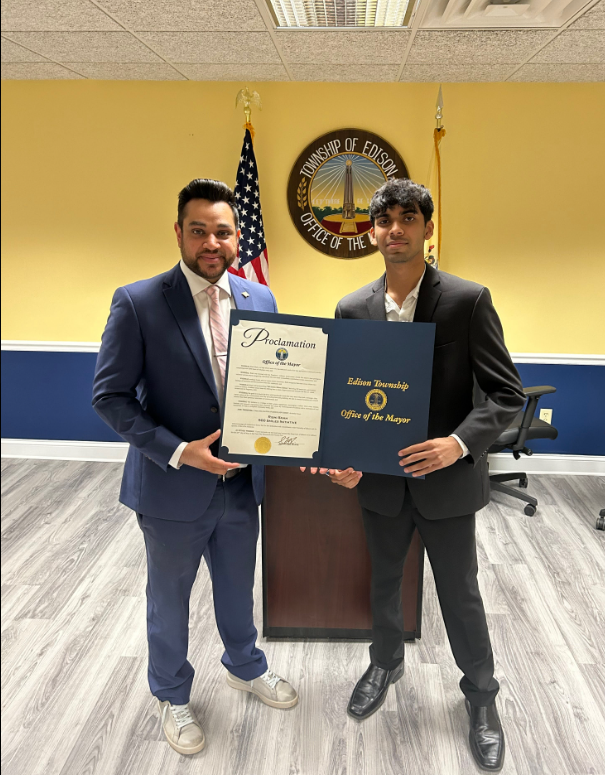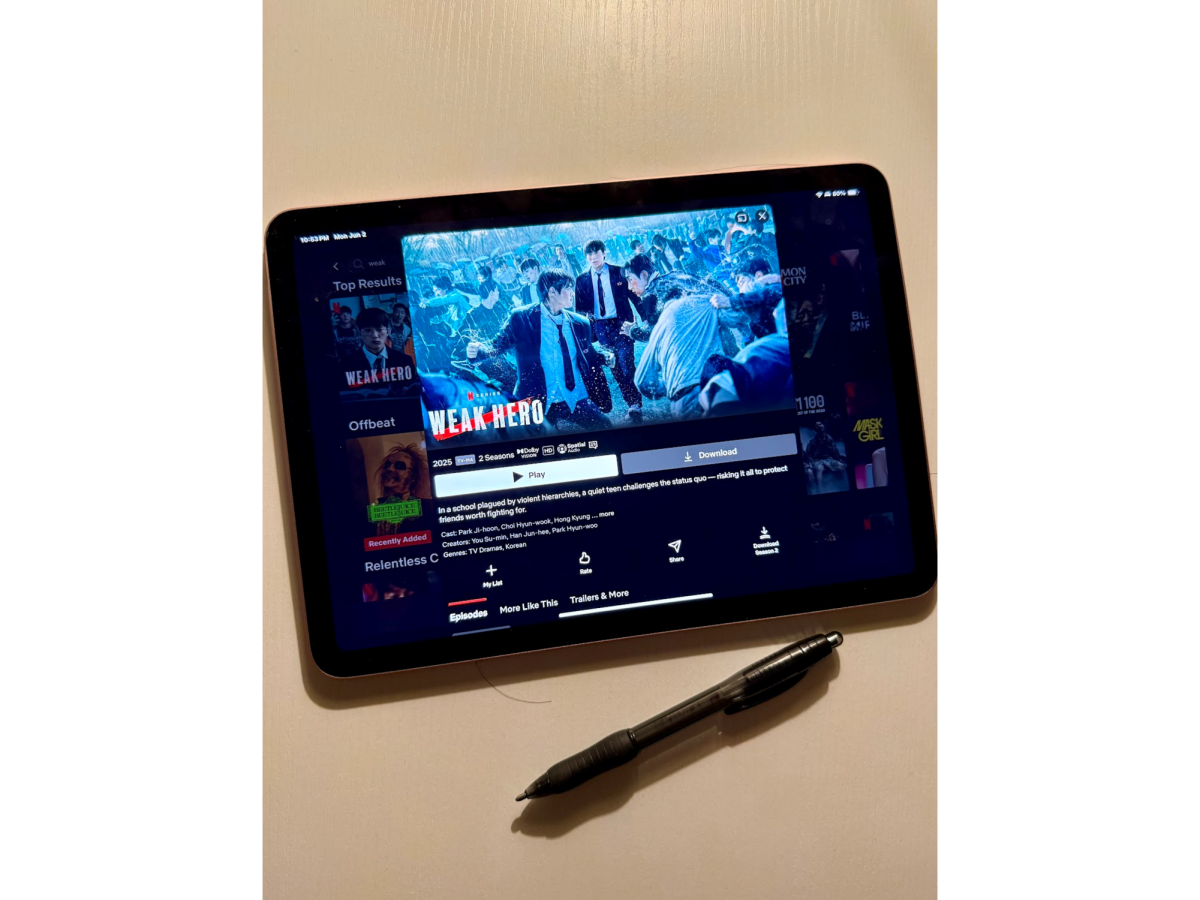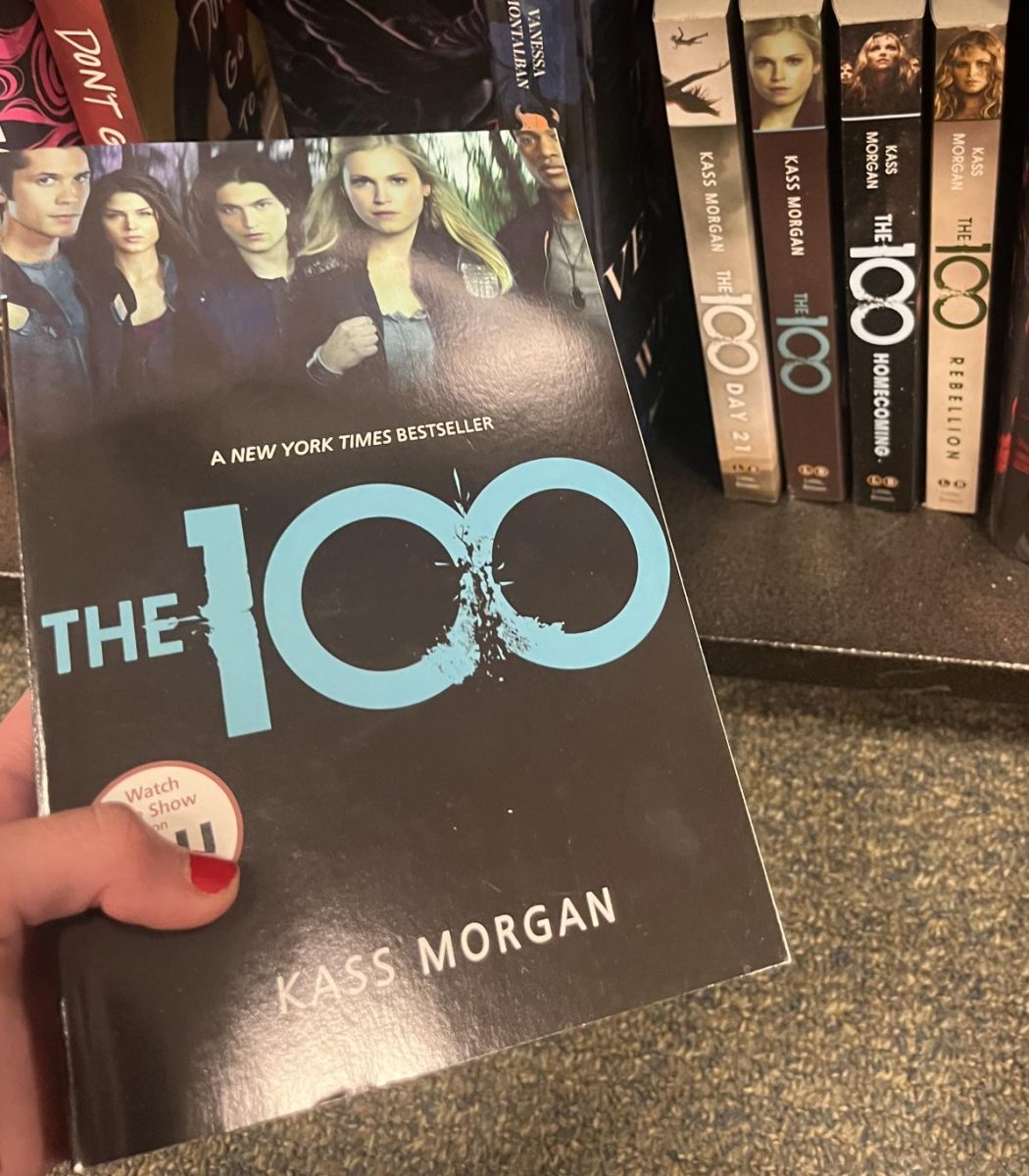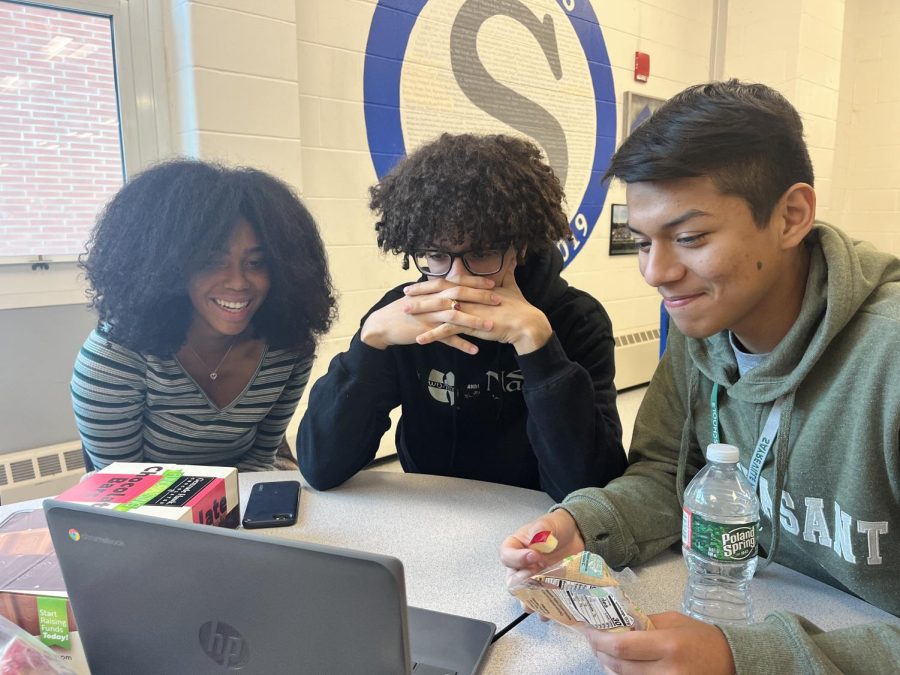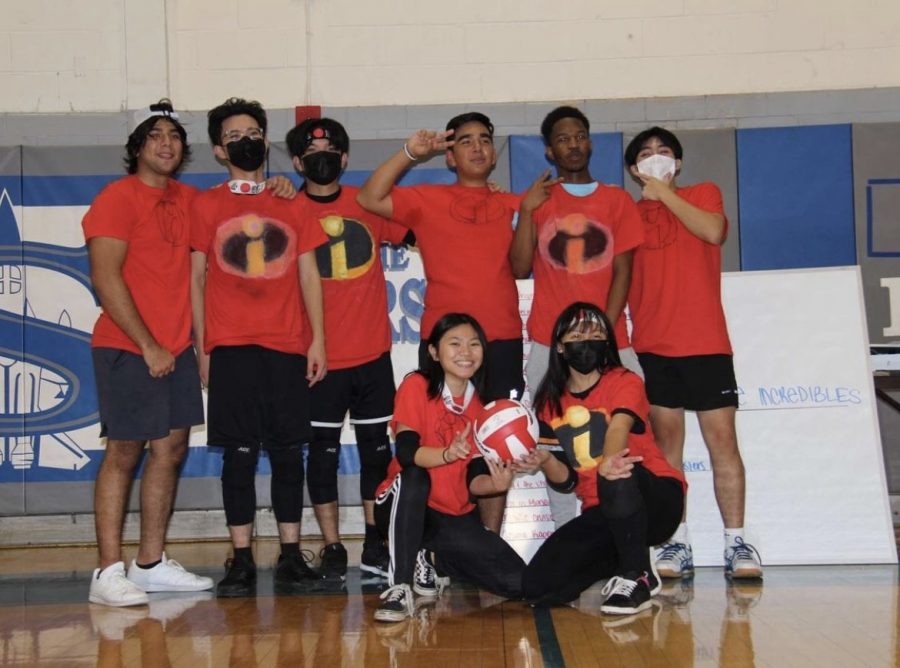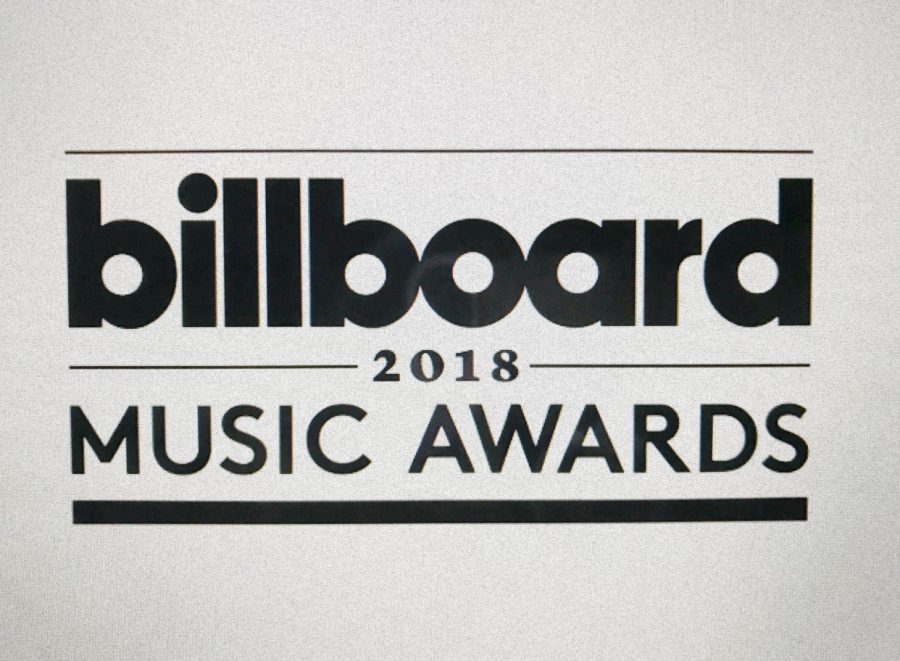The 2018 Billboard Music Awards and its Take on the Current Social Climate
“Why don’t we not do a moment of silence, why don’t we do a moment of action? Why don’t we do a moment of change?”
June 8, 2018
Television award shows that are not at the same esteemed caliber as the Academy Awards or the Grammys but still maintain their own air of recognition and accomplishment, such as the MTV Video Music Awards and the Billboard Music Awards, have known themselves to be extravagantly painful spectacles of oft-toted ridiculousness, half-hearted comedy (with which never sits well with the audience), and opportunities for nationally-televised disaster.
They are oftentimes regarded as but a single throw-away Sunday night of entertainment where the presumably highly-acclaimed leaders of the new generation of music that are set to be awarded for their hard work and talent are reduced to clever Twitter memes and websites headlines.
And, especially over the past few years, these shows have proved themselves to be strictly that.
However, the recently-aired 2018 Billboard Music Awards seemingly broke the annual tradition of unenthusiastically catering to social media trends and has since established a precedent that is so badly needed in American television. With its addressing of topics so lightly-touched upon in media, as well as its strong line-up of diverse performers, this award show proved itself to have the potential to present itself as more than a night to display the prowess of musical artists, and more so to expose and bring progression to the needs of American society.
The opening of the show was highlighted by acclaimed singer and hostess Kelly Clarkson’s emotional address of the tragic Santa Fe shooting that had just taken place two days prior. In her speech, (which she admits) she foregoes the scripted prompt given to her by the producers and instead calls for action.
“Why don’t we not do a moment of silence, why don’t we do a moment of action? Why don’t we do a moment of change? Why don’t we change what’s happening?”
Clarkson’s emotional refusal of inactivity and mere “thoughts and prayers” seemed to have struck a chord with the audience and the millions of people watching at home (and abroad). The sentiment was only amplified by the moving performance of “Youth” by Khalid and Shawn Mendes, which featured the choir of the Marjory Stoneman Douglas High School, who were among the thousands affected by a tragic attack just four months ago.
The 2018 Billboard Music Awards broke barriers in many ways, many of which spoke volumes about the culture of progression within our American society.
The majority of the performance list for the night consisted of people of color. With BTS, Normani, Khalid, Janet Jackson, Salt-N-Pepa, John Legend, Jennifer Lopez, and Camila Cabello, the award show gave way to many historic and iconic moments in American television.
Luis Fonsi and Daddy Yankee’s “Despacito” snatched up five of the major awards of the night (including the Top Streamed Song of the Year) and helped to demonstrate that music is universal — language is little less of a definition than a mere distinction.
South Korean artists BTS performed their new song, “Fake Love,” and garnered the biggest reactions of the night, showing their power and influence. Their extremely successful breakout into the American industry further proves that language is insignificant to the international understanding and impact of music.
Another win for minorities came in the form of Janet Jackson’s historical and incredibly impactful receiving of the Icon Award. She became the first African American woman to receive such an award, and helped to bring light to the progression of a previously monogamous society.
Where other television award shows this year dulled, the 2018 Billboard Music Awards gleamed proudly and adamantly. This show was all a demonstration of the progression of American society, a call for action, a period of healing, a sign of inclusion; it revealed that television does have the potential and opportunity to bring along a movement of progression and advancement, but can only do so successfully with those willing to make the changes leading at the forefront.







